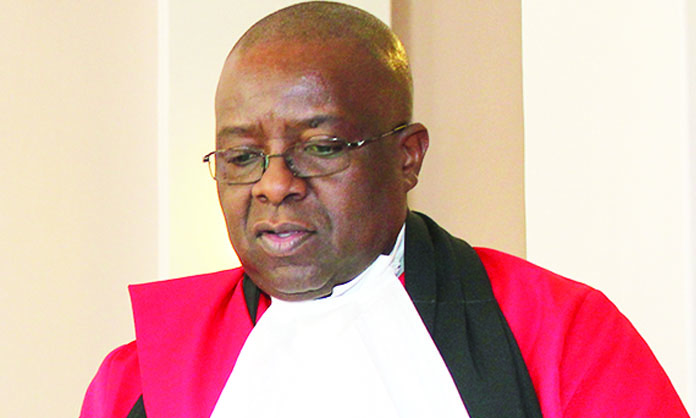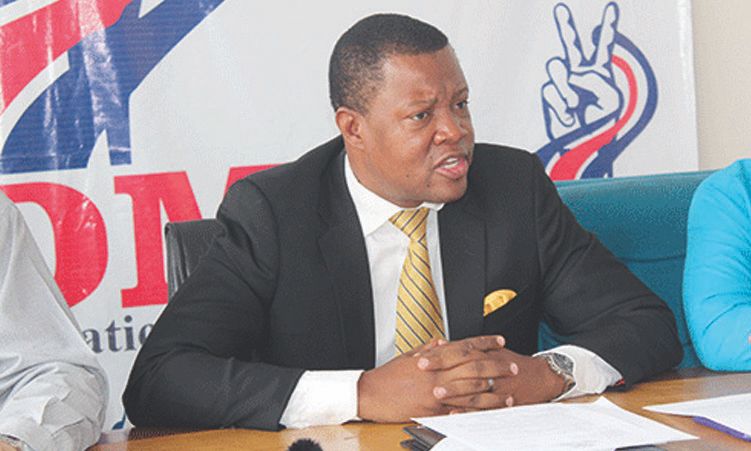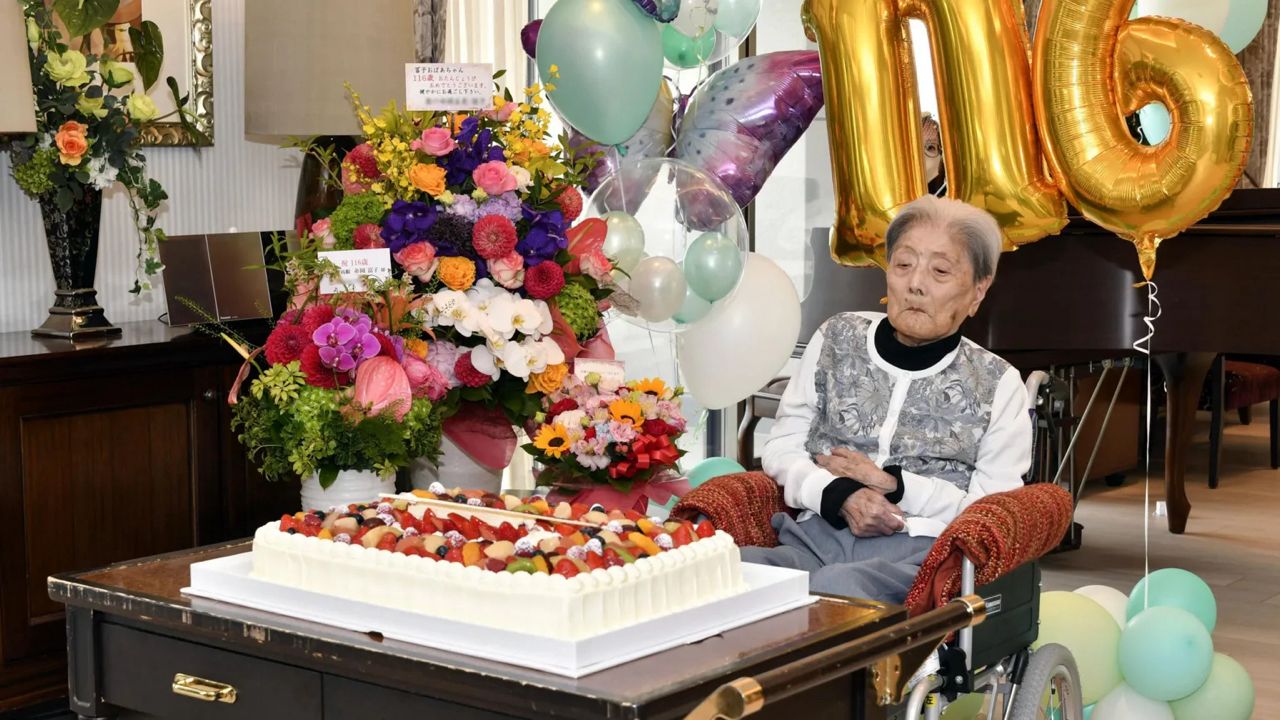The Supreme Court is considering its judgement on an appeal by two senior South African lawyers found guilty of offences under the Immigration Control Act after they travelled to Namibia to represent six of the men charged in the Fishrot corruption case.
Deputy chief justice Petrus Damaseb and acting appeal judges Hosea Angula and Shafimana Ueitele reserved their judgement after hearing oral arguments on the appeal of senior counsel Mike Hellens and Dawie Joubert against convictions that they notched up in the Windhoek Magistrate’s Court near the end of November 2019.
Hellens and Joubert were arrested before they were due to represent the first six accused in the Fishrot fishing quotas corruption case – including former Cabinet members Bernhard Esau and Sacky Shanghala – in the Windhoek Magistrate’s Court on 29 November 2019.
During a late-afternoon court appearance on the same day, Hellens and Joubert admitted guilt on charges of working in Namibia without having the required employment permits and furnishing false or misleading information to an immigration officer.
Having pleaded guilty on both charges they faced, the two lawyers were each sentenced to fines totalling N$10 000 or a prison term of 18 months.
Hellens and Joubert subsequently appealed against their convictions, but their appeal was dismissed in the Windhoek High Court in September 2020.
In a judgement delivered in May 2021, Hellens and Joubert were given leave to appeal to the Supreme Court against their convictions on the two charges, though.
During the hearing yesterday, senior counsel Raymond Heathcote, representing Hellens and Joubert, argued that the magistrate before whom the two accused lawyers appeared after their arrest combined the two charges they faced when he questioned them to establish if they admitted the elements of the charges.
The magistrate should not have found Hellens and Joubert guilty on the basis of their answers to his questions, but should instead have recorded a plea of not guilty, Heathcote argued.
However, Hellens and Joubert both told the magistrate they were guilty, Damaseb noted. “They were literally begging him to enter a guilty plea,” he remarked.
Heathcote argued that in terms of the Immigration Control Act an employment permit is only required if a person would be residing in Namibia while working in the country.
For a sojourn – or short, temporary stay, which Hellens and Joubert planned to have – a work permit is not required, he argued.
On the guilty pleas that the two lawyers gave in court, Heathcote said: “They wanted to get it over and done with.”
He added: “They pleaded guilty, but – perhaps regrettably, perhaps fortunately – they did not succeed.”
He also argued that, since the chief justice issued certificates allowing Hellens and Joubert to appear in court in Namibia in the case of the Fishrot accused, they did not need employment permits as well.
‘false pretences’
On behalf of the state, senior counsel Norman Arendse argued that a fundamental problem in the case was that the two lawyers pleaded guilty, and through that precluded the prosecution from placing evidence before the court.
After they had been found guilty and sentenced, though, they “contrived to make out a case purely on technicalities and speculation” that they should not have been convicted, Arendse argued.
Hellens and Joubert entered Namibia under false pretences and lied to an immigration officer when they did not state the true purpose of their entrance into the country, he argued.
They told immigration officers that they were entering the country only for a visit, instead of recording on the arrival forms they completed that they were travelling for business or for their profession, Arendse added.
The two senior counsel admitted guilt unequivocally and under no duress, he argued.
Arendse continued that Hellens and Joubert did not play open cards with the magistrate and not with the High Court in their appeal either.
While appealing against their convictions, Hellens and Joubert also filed a civil case in which they asked the High Court to review and set aside the convictions.
That application succeeded in June 2021, when a judge ordered that their convictions and sentences were reviewed and set aside, and were declared null and void.
An appeal against that judgement is scheduled to be heard in the Supreme Court tomorrow.
Stay informed with The Namibian – your source for credible journalism. Get in-depth reporting and opinions for
only N$85 a month. Invest in journalism, invest in democracy –
Subscribe Now!








